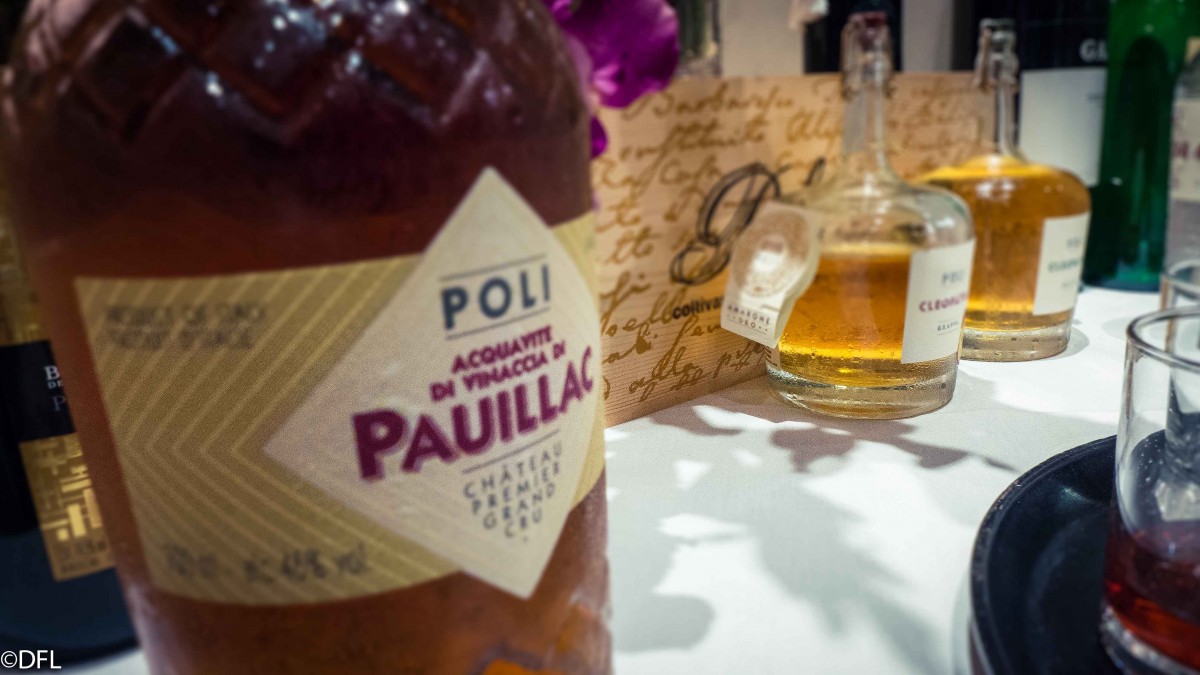
#463
GRAPPA SHARE
20 Mar 2017 By David Fuhrmann-Lim
Everything You’ve Always Wanted to Know About Grappa But Was Too Shy to Ask. #PoliGrappa
Grappa is misunderstood, underappreciated, and still kind of a mystery – yet it’s the most Italian of spirits. And it has its cultural place much like Vespas, pastas and the Azzurri. It’s always been the drink that’s sorta in the background, and you’ll drink it when offered, mutter a token “I love grappas” without really knowing that much ’bout it. (Or maybe you do, in which case – rispetto!)
So here’s your Grappa 101, courtesy of Jacopo Poli of the legendary Poli Distillerie.
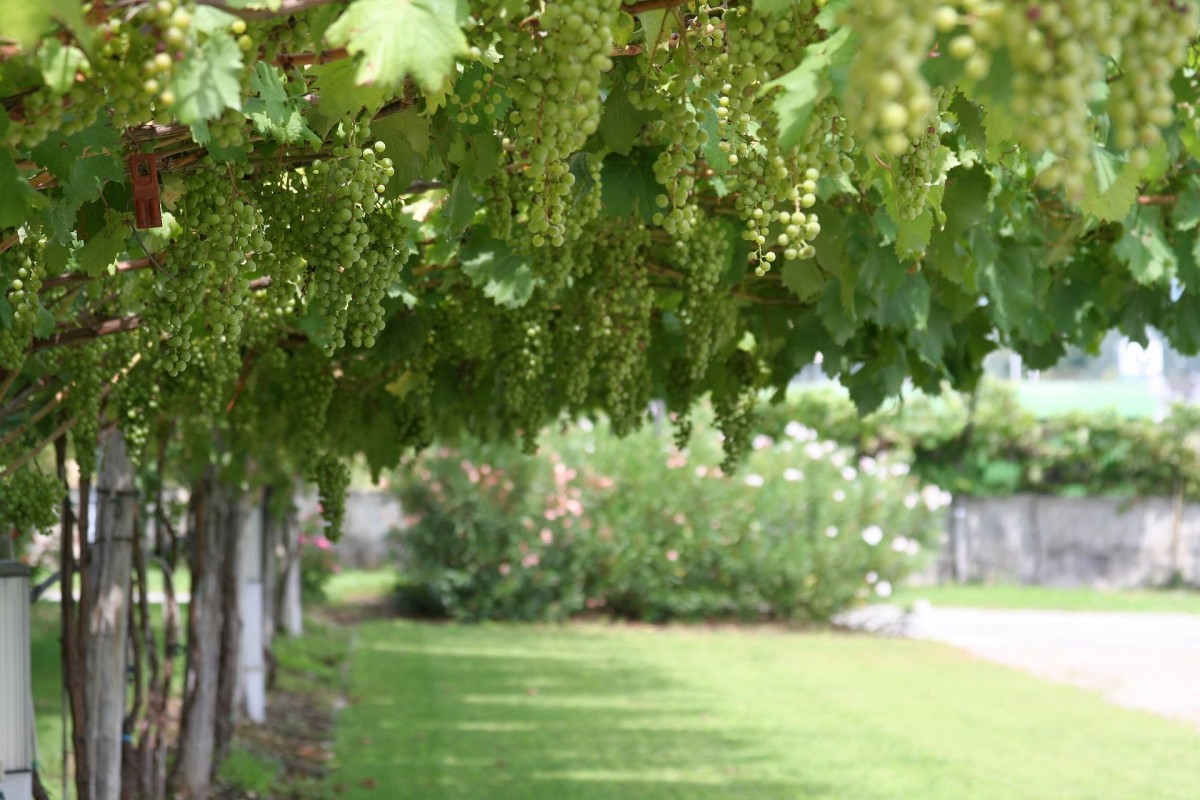
• Grappa means… The word Grappa comes from the medieval Latin ‘grappolus’ which simply means a bunch of grapes. “Grappa is the essence of a grape,” says Jacopo Poli.
• Yes, it’s a digestif.
• Grappa is obtained by distilling the grape-pomace (skins and seeds of the grapes). It’s the only distillate to be produced from a raw material, and the grape-pomace is exclusively from the grapes produced and vinified in Italy – specifically the D.O.C. areas of the Pedemontiana Veneta: from Breganze to Bassano del Grappa (below, where Poli Distillerie is located), and the Asolo Hills to the basin of the Piave River.(Okay, geography lesson over).
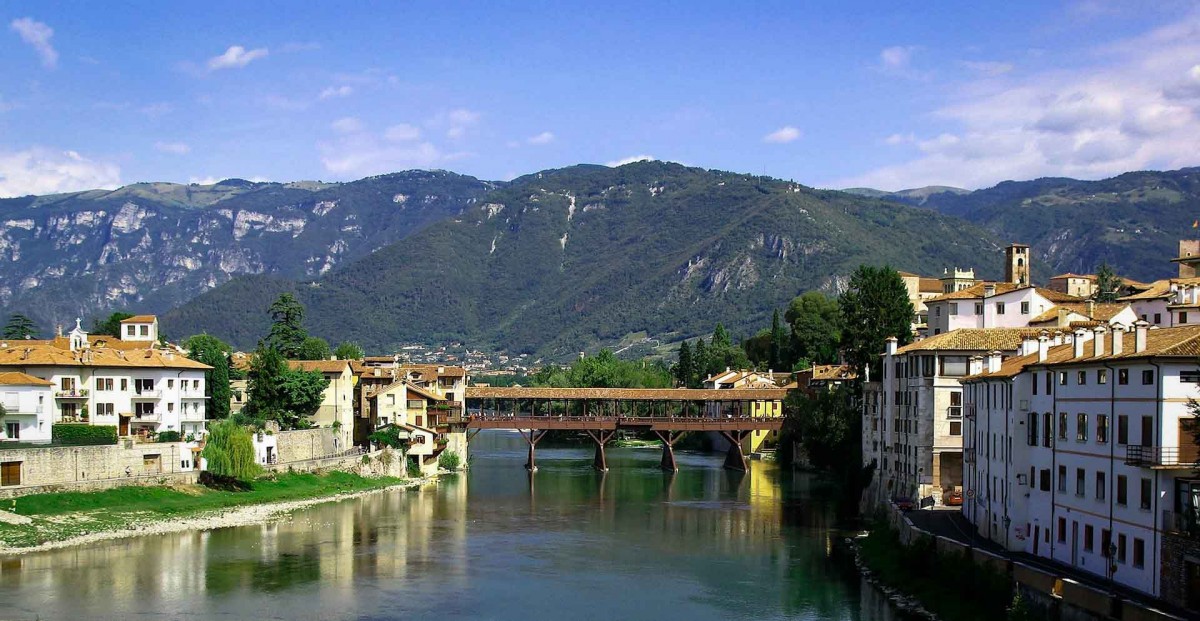
• The aforementioned Poli Grappa started in 1898, Giobatta Poli used to sell wine (and make straw hats), but his passion was grappa. He built a small distiller, mounted it on a cart, and went house to house in the hood distilling marc (pomace). The Poli Distillerie now operates three state-of-the-art distillation plants, of which the most innovative is the Crysopea, which uses a double-boiler vacuum system.
• In the old days though, Grappa was a simple product for simple people. Most people distilled it at home and it was harsh, tannic and tear-inducing 70% ABV. Now it’s one of the most sought-after and name-dropped spirits in the world.
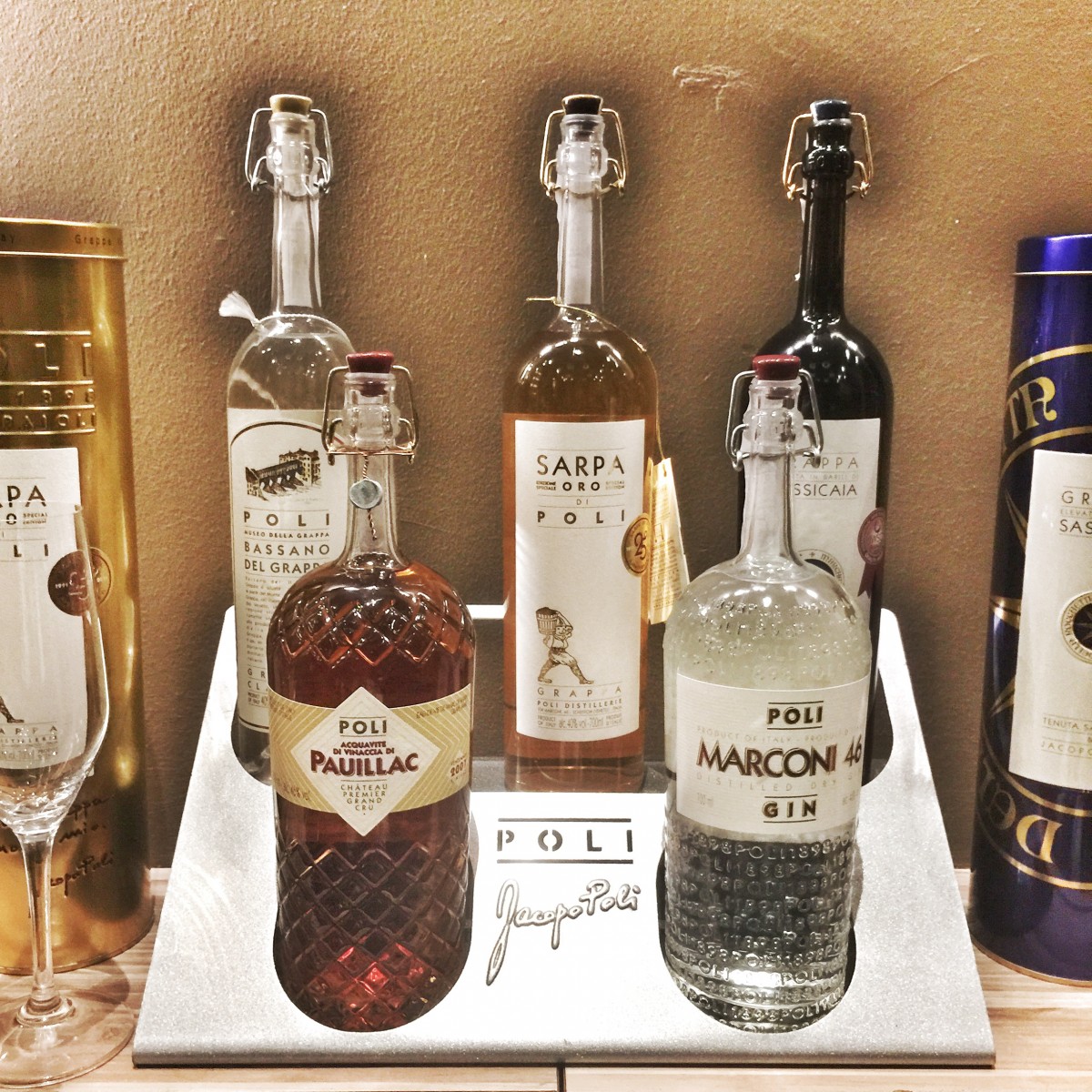
• Some Grappas are aged in casks, hence its honeyed colour. The Poli range aged in barrique (French oak) includes a limited production of prestigious wines from renown estates (which cannot be named), and these are the Pauillac, Sassicaia and Torchio D’oro line. One of my faves is the Cleopatra range (background), named after the infamous queen who had spent her life trying to alchemise gold (when she wasn’t trying to schtup every man in sight). The Amarone in particular has spent one year in cask, and is woody and nutty in character, with a grain whiskey taste.

• How do you drink Grappa? Slowly, and appreciatively. It works well after meals, but can also be paired with food. The young spirits go with appetisers and seafood, while the aged ones work beautifully with darker meats (simple rules, but experiment for yourself).
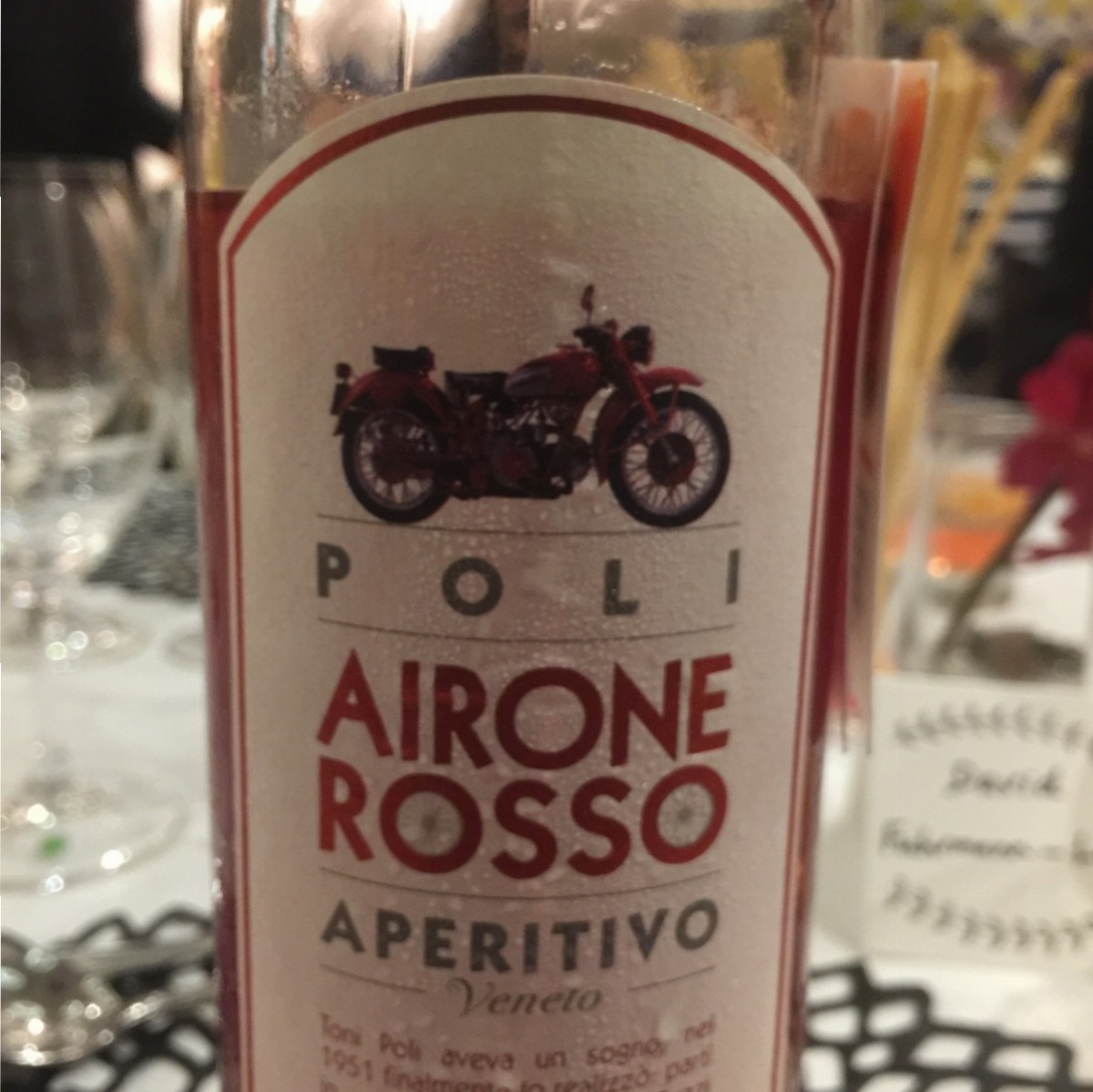
• There’s also a liqueur apertif Airone Rosso, pitched between Campari and Aperol. The story goes that in 1951, Toni Poli (1919-2001) got on his Moto Guzzi 250cc Airone Sport motorcycle and rode to the North Cape. After 10,000 km of adventures he returned home. The party in his home town began with an aperitif, red like the Airone, created for the occasion.
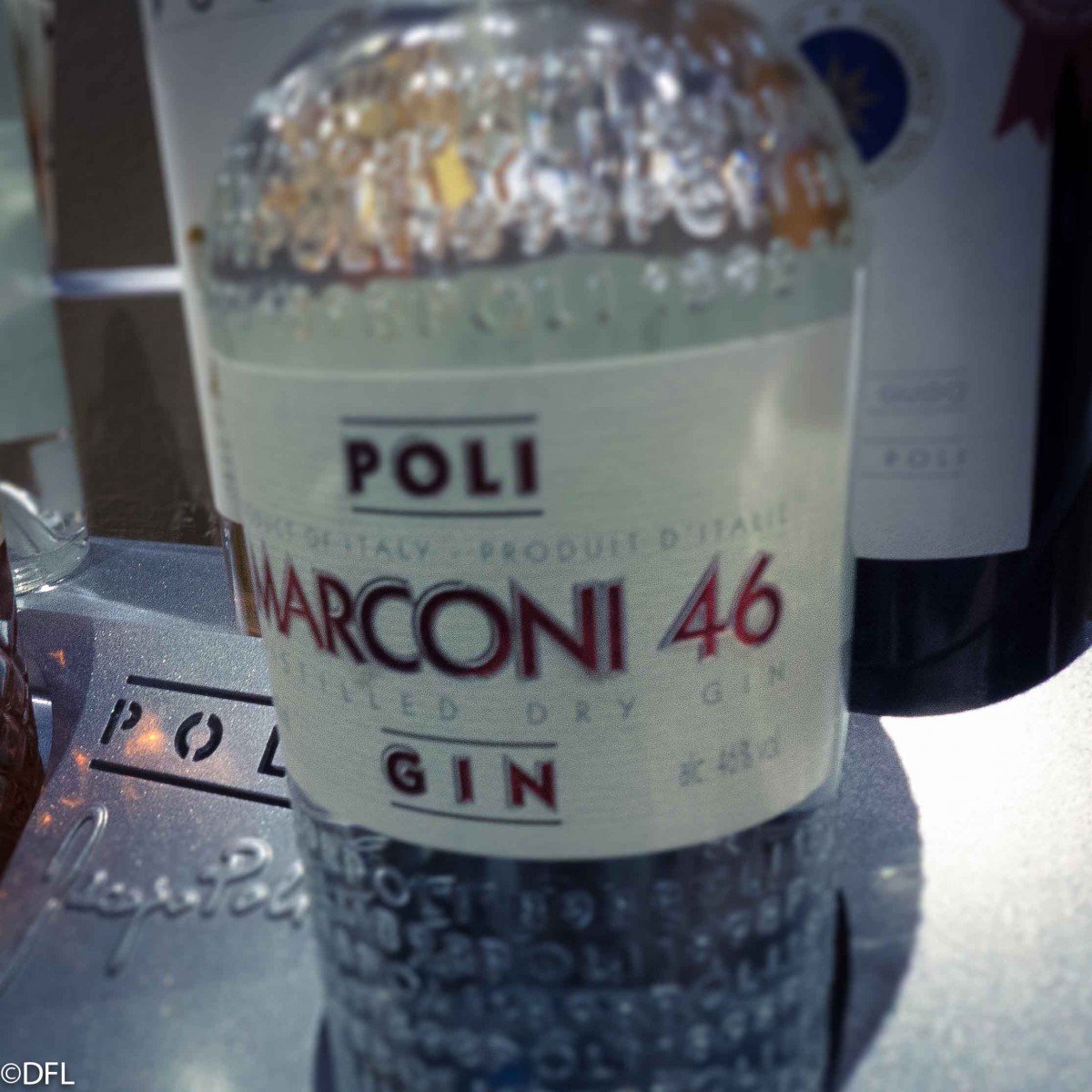
• There’s a saying, “Italians make good Grappas, but not good gin”. And so Jacobo Poli said “we try”, believing that the creativity and skill of the distiller was more important that just the mash of botanicals. The vacuum-distilled Marconi 46 is the result, and it’s minty, flavourful and distinct – named after the man who invented radio, and is 46% ABV, natch.
• A shout out to the Sarpa Barrique, aged four years in cask using cabernet and merlot grapes. Its flavours are harmonised and is a winner.
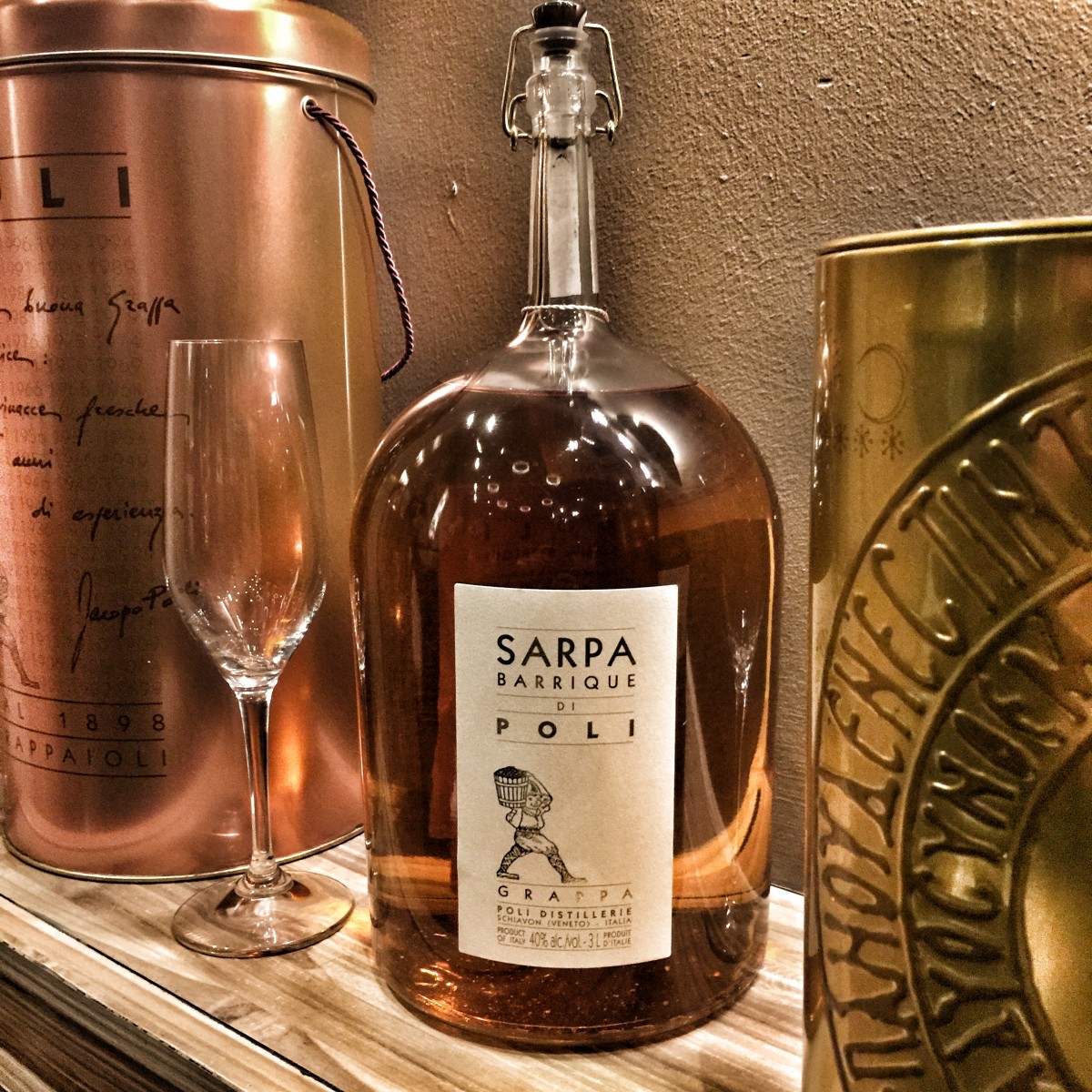
• A final takeaway. There are four types of Grappas: Young Grappa is bottled nearly one year after distillation, and has scents coming from the grape varietal and fermentation. Aromatic Grappa is obtained from aromatic varieties like Moscato or Traminer. Aged Grappa (mentioned above) is aged in oak casks for at least 12 months (Vecchia, Invecchiata ‘old’) or 18 months (Riserva, Stravecchia ‘extra old’). Flavoured Grappa has infusions from liquorice, bluberry, honey etc.
Like this? This is the Only Orange (Liqueur) We’d Vote For

You might be interested in...
GLEN GRANT 60 YEAR OLD
Worth the Wait.
GIN-GLE ALL THE WAY
Brass Lion Distillery's December-Long Yuletide Celebration Checks All The Right Boxes Of My Grown-Up Christmas List
NEW BEGINNINGS
New Year, New Gins, Isn't That How The Saying Goes? In Any Case, Here Are Three Unique Gins From Three Different Countries That'll Be Your Tonic to The New Year.
GLEN GRANT 60 YEAR OLD
GIN-GLE ALL THE WAY
NEW BEGINNINGS